
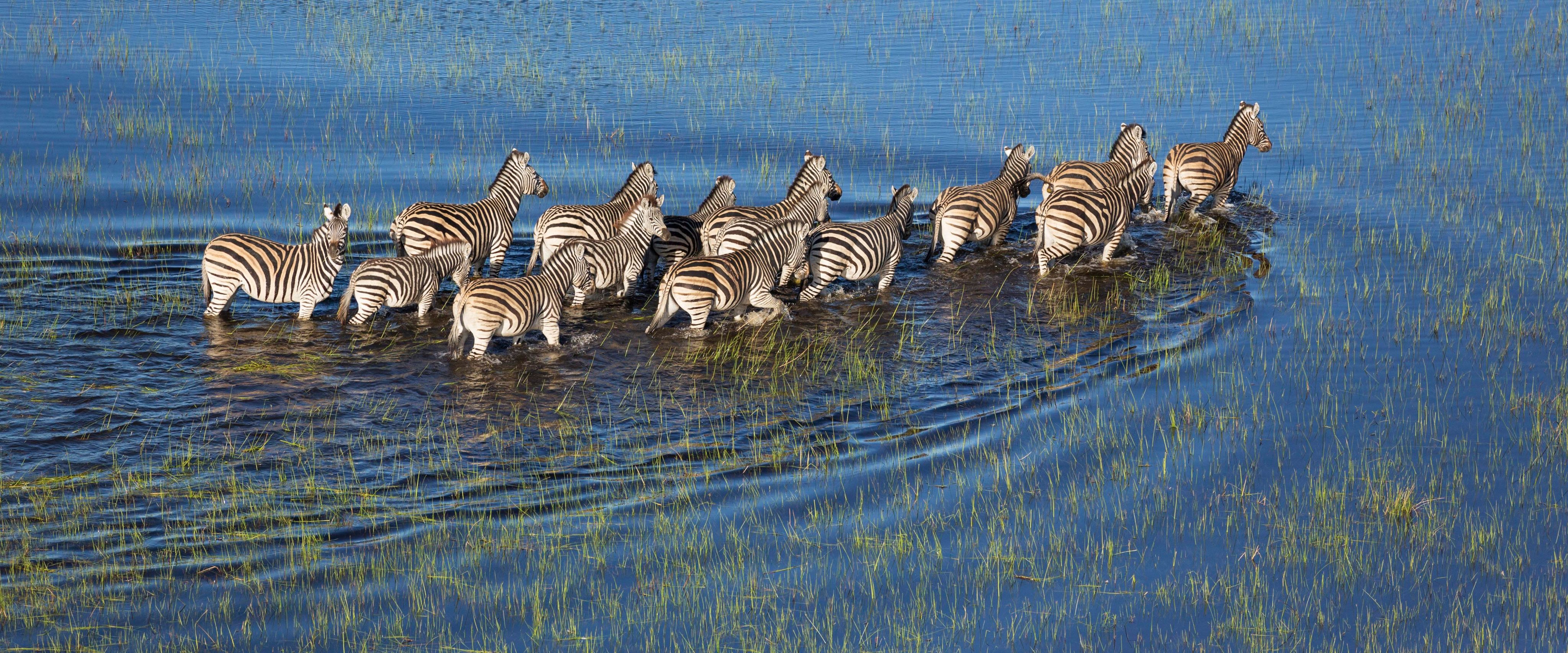
From rhino conservation to community tours, African destinations are utilising travel to protect and support their local environment and people. Here are some of its top initiatives...
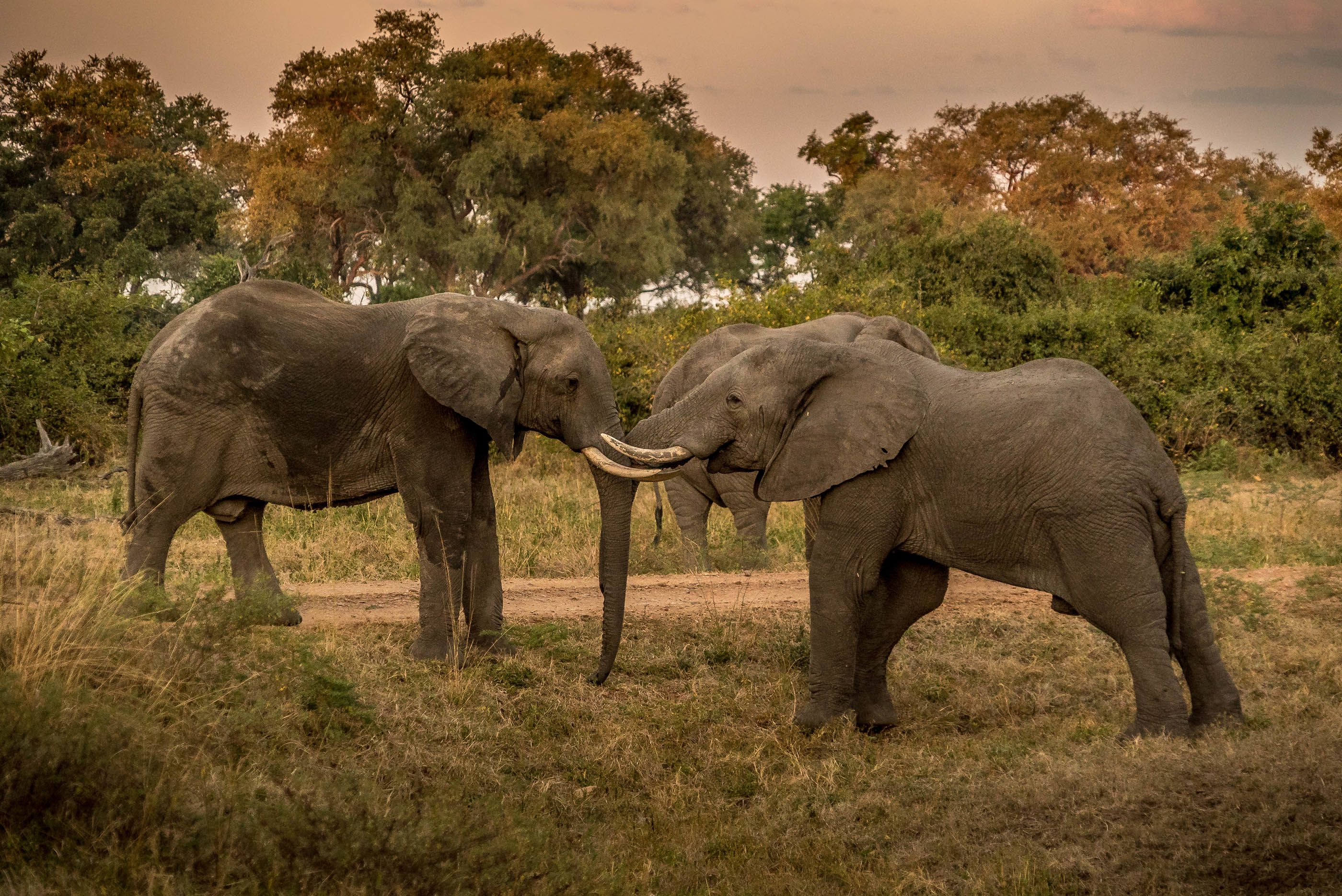
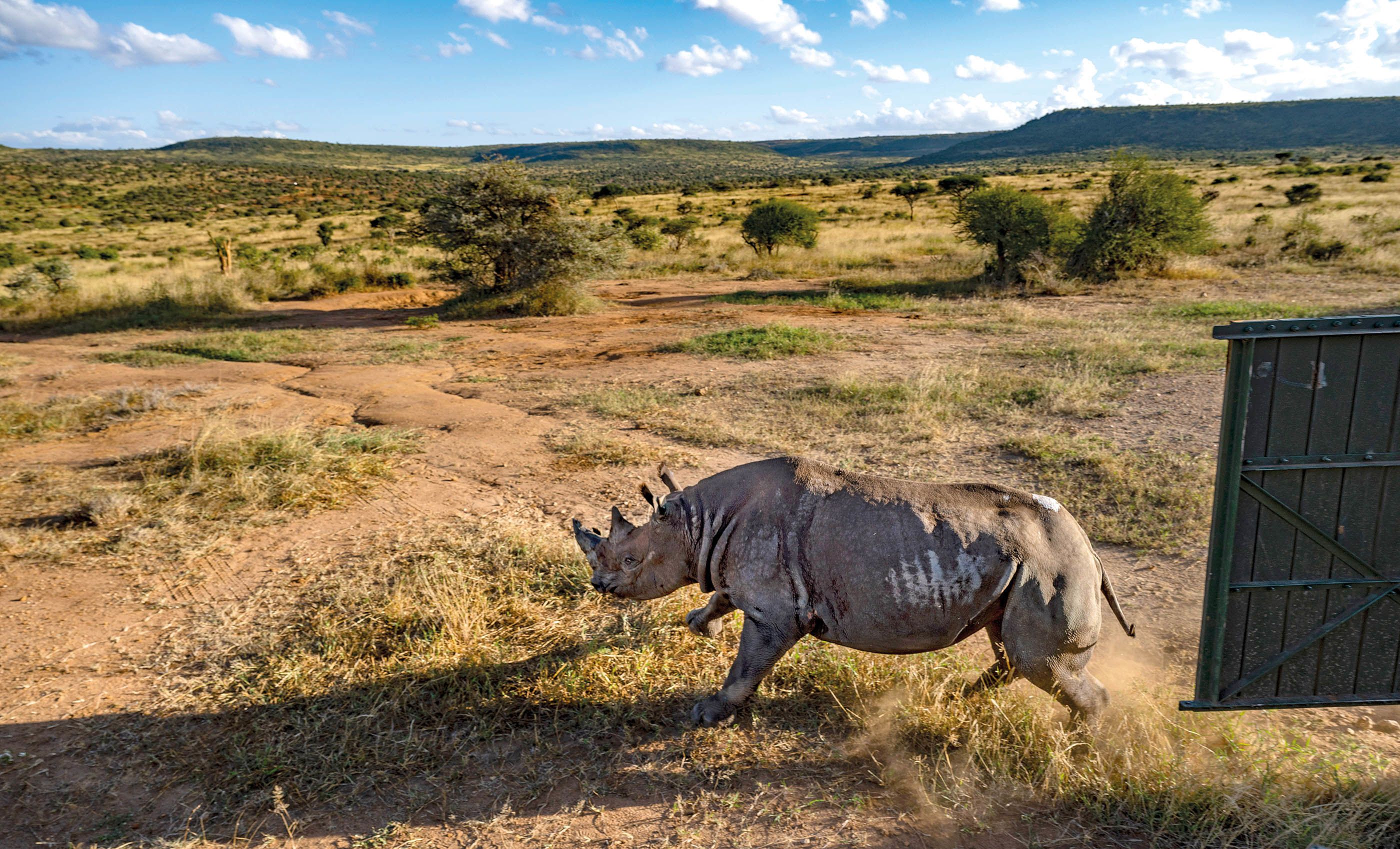
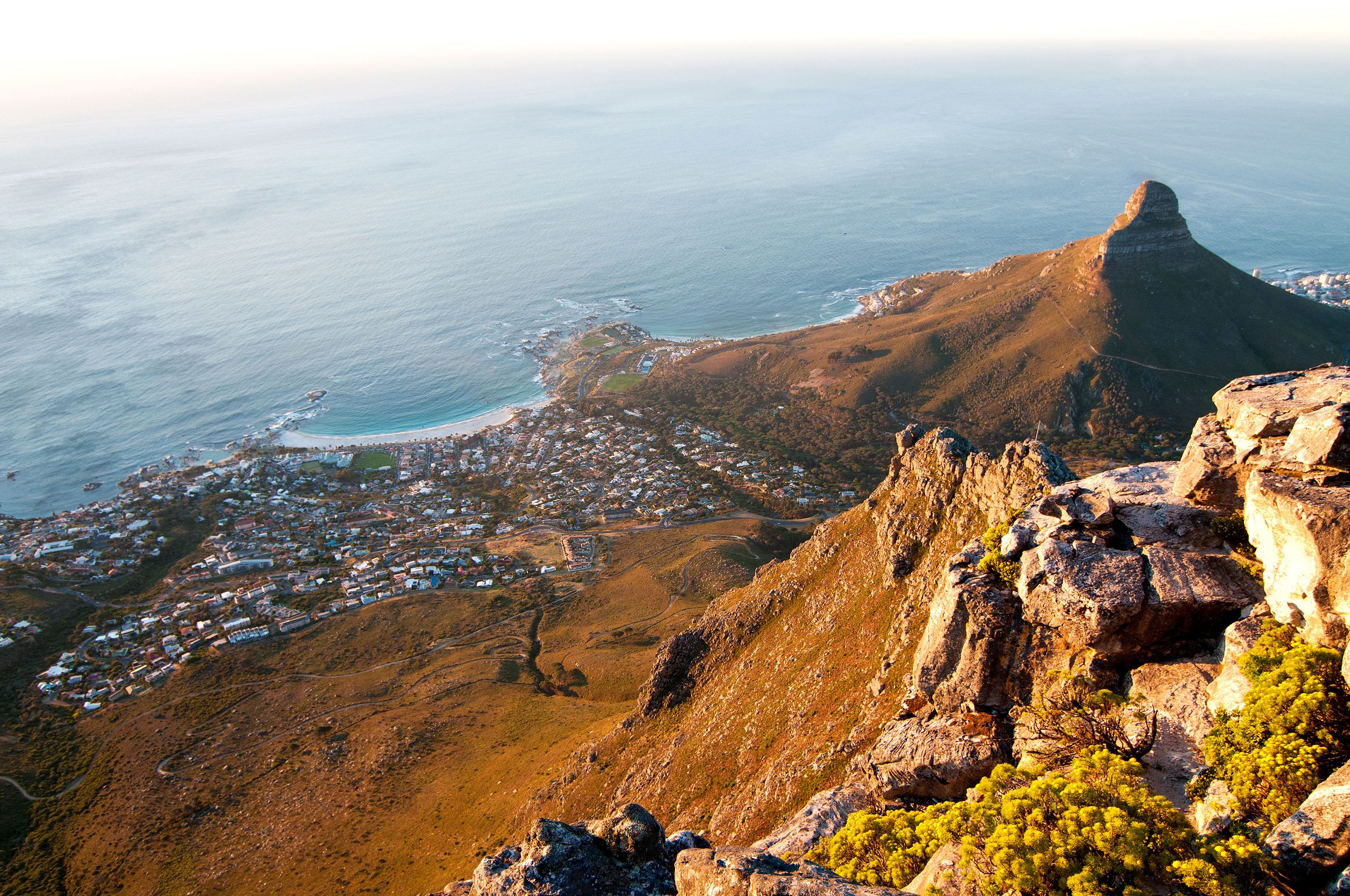
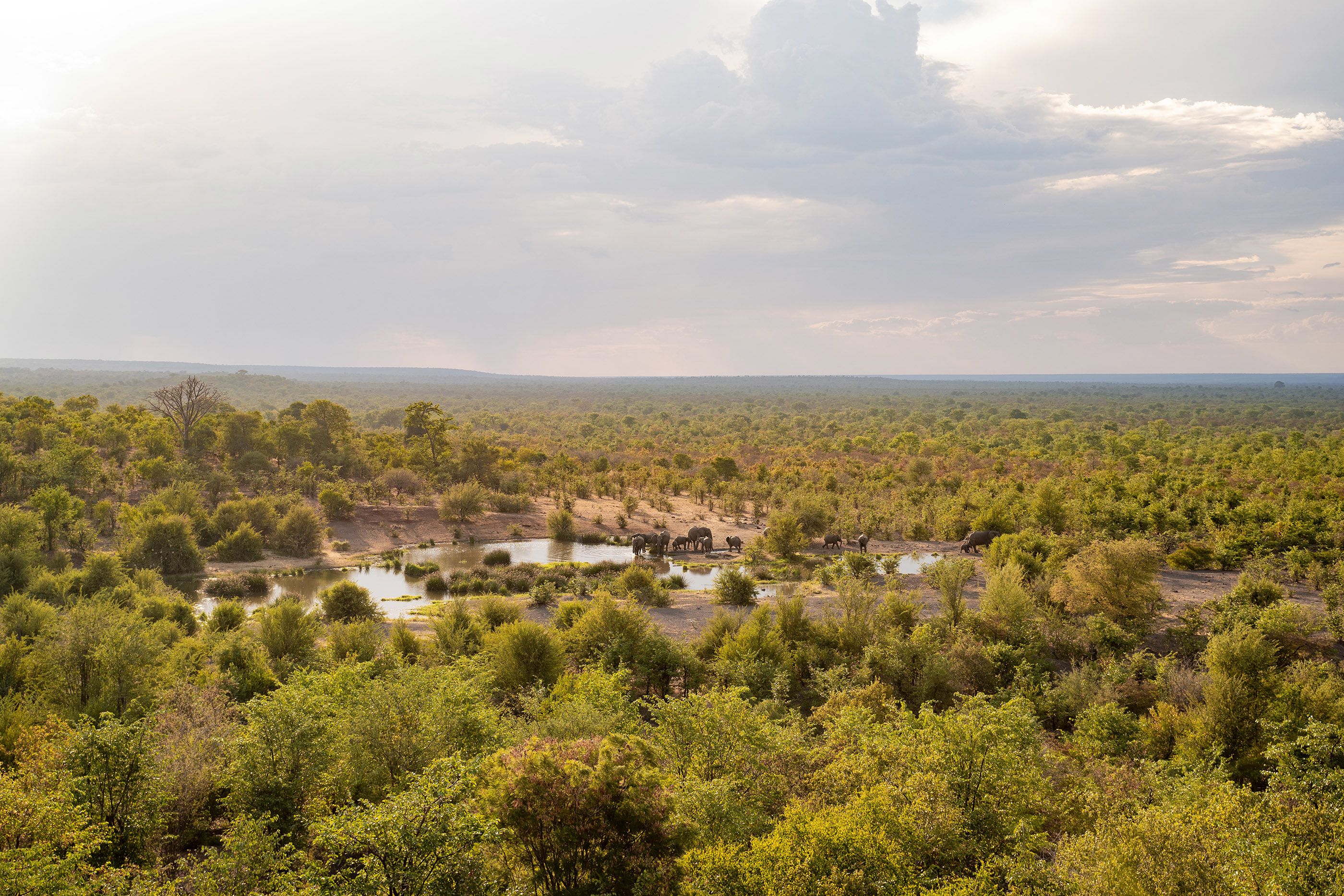
Zambia
One long-standing problem facing Africa – particularly its national parks – is human-wildlife conflict: the result of tension caused when free-roaming animals prey on livestock or plunder the crops of surrounding farms and villages, sometimes provoking retaliatory killings. One powerful solution is to channel some of the money generated by tourism into educating and compensating affected people. Two great examples can be found in Zambia’s South Luangwa National Park. Since 2010, Project Luangwa – funded from a portion of profits at safari lodges – has been investing in schools and education, teaching children and communities the benefits of protecting wildlife and local ecosystems. Another enterprising initiative is Mulberry Mongoose, run by women in South Luangwa who craft jewellery from materials collected locally, including wire from poachers’ snares. Money raised from sales – over US$150,000 so far – helps support local communities and conservation projects.
Loisaba Conservancy, Laikipia County
KENYA
Lion, elephant, giraffe, African wild dog and Grevy’s zebra are just some of the creatures you might encounter within Loisaba’s 23,000-plus hectares. Created by the Loisaba Community Trust, in partnership with Nature Conservancy and Space for Giants, it aims to facilitate coexistence between Maasai farming communities and the area’s rich and diverse megafauna. Earlier this year, conservationists relocated 21 critically endangered eastern black rhino to the conservancy – an action considered crucial for the long-term survival of the subspecies, and the first time it’s been present in the region since 1976. Ecotourism is vital to the conservancy’s operation, and a levy from the three luxury Elewana Collection camps goes to surrounding villages.
Cape Town
SOUTH AFRICA
Cape Town attracts visitors from around the globe, but there is far more to the city than its natural beauty. Fair Trade in Tourism certified Uthando connects tourism to community development projects in the townships. It runs inspiring community tours with dignity and can tailor its Philanthropic Educational Experiences to guests’ interests, including arts and crafts, music and choirs, sport, urban agriculture, protection for women and children, education, animal welfare and many others. Join one and you’ll be helping support projects such as the current fundraiser to build an innovative Goal50 Edu Hub preschool with an inspirational ethos of community empowerment.
Hwange National Park
ZIMBABWE
In 1985, Hwange National Park was home to 100 white rhino, but in 2007 the very last one was poached. The Community Rhino Conservation Initiative has been set up by Imvelo Safaris to reintroduce rhino (in a highly secure way) and is a model in blending community and conservation. Local farmers gave up their land for the sanctuary and the community are now benefitting from 100% of the visitor. There are just two rhinos at the moment but more are to come. Visitors spend time with the Cobra rangers, all from local villages, protecting them and can get very close to the rhinos.



